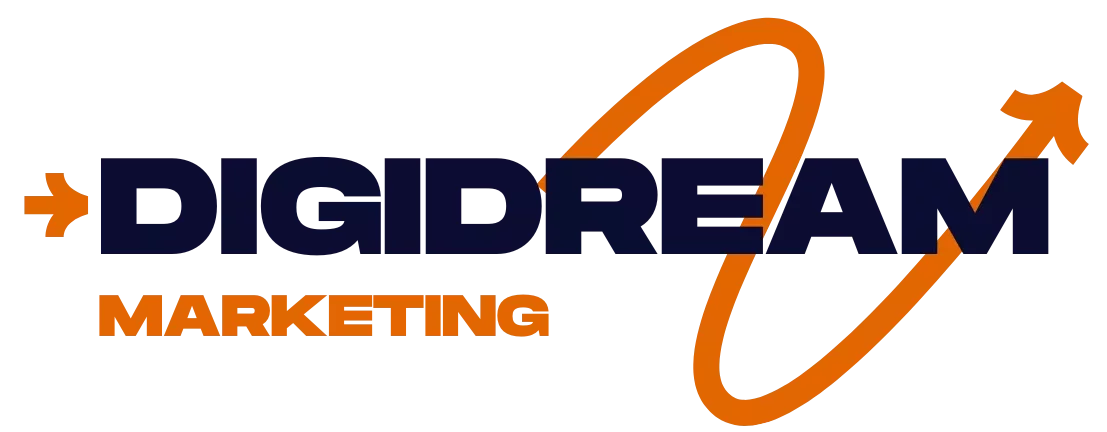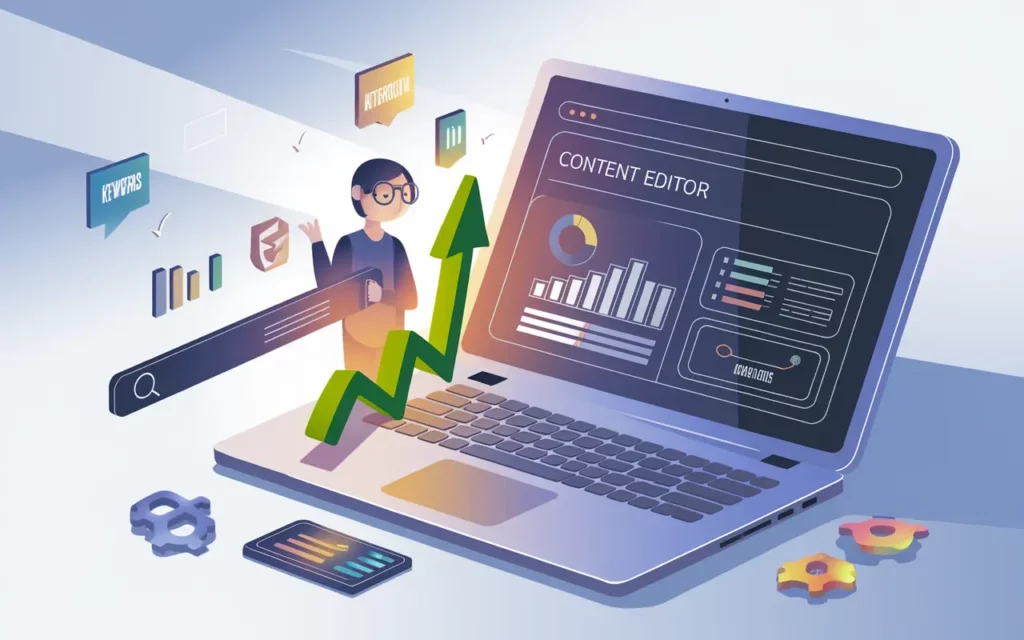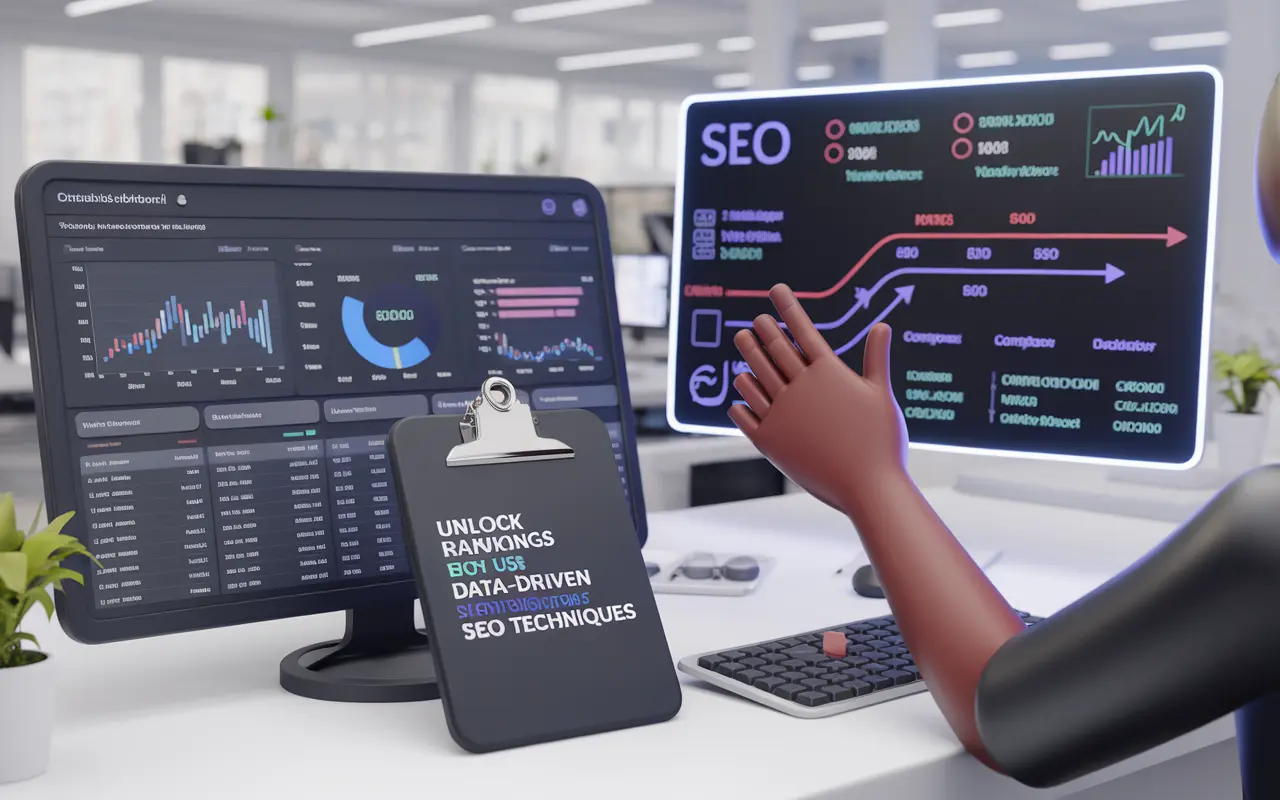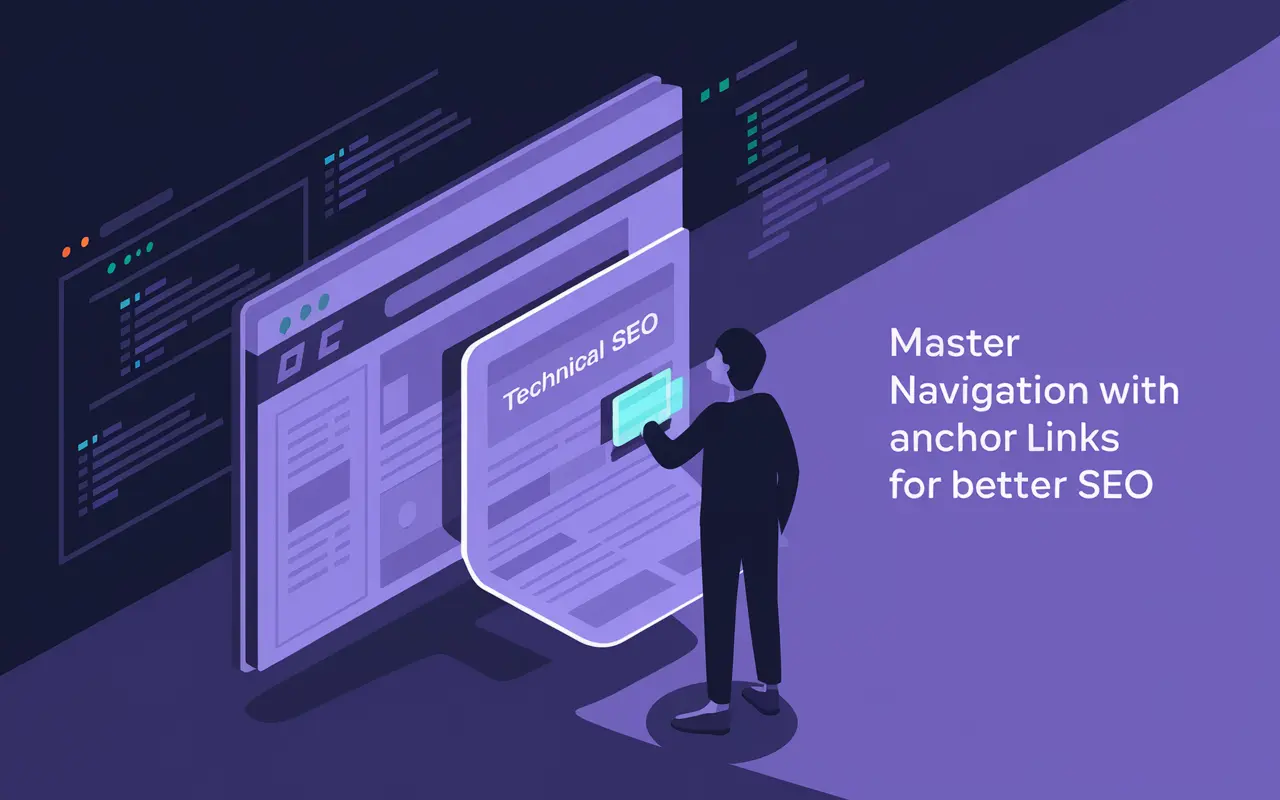Industry Overview
280M+
Vehicles on US Roads
$400B+
Annual Industry Revenue
89%
Search Before Visiting
Mastering Auto Manufacturing Digital Marketing: Strategies for 2025 and Beyond
Meeting the Digital Demands of Auto Manufacturing
The automotive industry is in the midst of a sweeping digital transformation. Competition is surging as more manufacturers and suppliers vie for the attention of digitally-driven buyers. Today’s car shoppers—whether individual consumers, fleet buyers, or B2B procurement teams—expect immersive online experiences, instant answers, and seamless journeys from research to purchase. Auto manufacturers not only need to keep pace but proactively innovate their digital marketing strategies to stay ahead in 2025 and beyond.
The Digital Shift: Why Manufacturers Must Adapt Now
In recent years, the automotive sector has seen:
- A dramatic rise in online research: 88% of buyers research online before visiting dealerships, and 75% are influenced by video content.
- Surging investment in digital advertising: Projected $19.8 billion in auto digital ad spend for 2025.
- Rapid online sales growth: Online car buying is on track to reach $722 billion globally by 2030 at over 12% CAGR.
- Digital marketing outperforming traditional channels: Digital accounted for 54% of total auto ad spending in 2023 (stat).
Auto manufacturers who strategically embrace digital channels are not just gaining eyeballs—they’re growing market share, retention, and revenues at a breakneck pace.
Building a High-Performance Digital Marketing Strategy for Auto Manufacturing
1. Market Research & Customer Insight: Foundation for Success
- Trend Mapping: Track emerging trends (e.g., rising EV adoption—18% of 2024 new car sales were EVs).
- Competitor Analysis: Manufacturers monitoring rivals are twice as likely to grow annual market share (analysis data).
- Buyer Personas: Marketing based on detailed personas boosts engagement by 28% (source).
- Dealership Feedback: Dealers with 4.5+ star reviews report 30% higher conversion rates (source).
Best Practices
- Leverage AI tools (e.g., Power BI, Adobe Analytics) to analyze consumer and market data.
- Regularly update competitor and market research to align with emerging consumer trends—like demand for electric or hybrid vehicles, or preference for online buying.
2. Omnichannel Presence: Meet Customers Everywhere
Buyers interact across digital and physical touchpoints. The most successful auto manufacturers:
- Connect websites, social media, digital ads, SMS, and email campaigns with offline interactions at dealerships and events.
- Enable seamless experiences—browse online, reserve or configure cars digitally, complete the purchase at a dealership or online.
- Achieve 23% higher customer satisfaction when executing true omnichannel strategies.
Case Study
3. SEO, SEM, and Content Excellence: Fueling Visibility
Search Engine Optimization (SEO)
- Dedicated landing pages for models, innovations (e.g., EVs, manufacturing tech), and regional promotions.
- On-/off-page SEO drives a 40% increase in organic site traffic in a year.
- Localized SEO ensures visibility for B2B buyers researching fleet or parts solutions in their area.
Search Engine Marketing (SEM) and PPC
- PPC campaigns for new product launches, EV features, special offers, and B2B fleet services.
- Auto PPC campaigns average a 6.03% conversion rate, above all-industry norms.
Content Marketing
- High-conversion content: Explainer videos, behind-the-scenes manufacturing tours, webinars for suppliers, interactive vehicle configurators.
- User-generated content and video testimonials build trust and improve engagement. 75% of shoppers say video influences decisions.
- Thought leadership: Sustainability whitepapers, manufacturing innovation blogs, and executive interviews appeal to B2B buyers.
4. Social Media as Growth Engine
Auto manufacturers use targeted social campaigns to reach B2C and B2B audiences alike:
| Platform | Audience | Key Tactics |
|---|---|---|
| B2B Procurement, Partners | Ads for manufacturing tech, supply chain integration, sustainability initiatives (example). | |
| Facebook & Instagram | Consumers, Prospects | Cinematic video ads, event promotion, new model teasers, EV highlights—effective for lead generation. |
| YouTube | All | Virtual tours, test drives, behind-the-scenes, interactive Q&A with AI chatbots (case). |
| TikTok | Gen Z, Millennials | Inventory ads, trend-based campaigns, influencer partnerships. |
Over 56% of buyers report making a purchase after engaging with a social media ad.
5. Personalization and Automation—Marketing on Autopilot
Leading brands are embracing data-driven personalization and automation:
- Use CRM and marketing automation to segment audiences and trigger personalized email campaigns (auto emails average 21.5% open rate).
- Deploy real-time offers (test drives, incentives) based on browsing behavior.
- Integrate with dealership systems to create seamless B2B and B2C journeys.
“BMW Group uses Adobe Analytics and Adobe Target to deliver authentic and relevant online experiences, increasing retail leads and conversions. Prospects enjoy the same personalized, human experience online as in the showroom.” (read the full case study)
Emerging Trends in Automotive Digital Marketing (2024–2025)
- AI & Predictive Analytics: Used for programmatic advertising, optimizing campaigns, segmenting audiences, and predicting demand (details).
- 360-Degree and Virtual Video: 64% of buyers would consider purchasing via a 360-degree video experience.
- Conversational Marketing: 80% of consumers now prefer instant live chat—including AI bots—while shopping for vehicles (
source). - Omnichannel Retail Solutions: Integrating digital retail tools (e.g., virtual showrooms), marketing, and finance options leads to up to a 62% higher number of vehicles sold through connected channels (case).
- Sustainability Storytelling: Highlighting eco-innovations—like EV launches or green manufacturing—grows digital brand equity.
Best Practices for Website and User Experience
- Fast, mobile-responsive websites—58% of auto web traffic is mobile.
- Comprehensive vehicle detail pages (photos, specs, videos, booking, warranty info) increase lead submissions by 35%.
- Voice search optimization—over a quarter of buyers use it for research.
- CRM and ERP integration for advanced lead tracking and marketing automation.
- Self-serve pricing, financing, and build-to-order configurators provide convenience and transparency.
Innovative Content Formats
- 360-degree video tours and AR/VR experiences
- Live webinars and digital factory tours for B2B clients
- Interactive calculators (cost of ownership, sustainability impact)
- Customer testimonial videos and influencer partnerships
Real-world innovation: Citroen’s Facebook crowdsourcing campaign let fans help design a car—24,000 submissions and 500+ cars sold. Auto Trader’s Twitter stunt generated 14 million website visits (case studies).
Measuring and Maximizing ROI from Digital Marketing
- Set clear, actionable, and measurable goals—drives a 30% higher campaign ROI.
- Monitor metrics like traffic sources, lead conversion, cost per lead (CPL), sales, customer acquisition cost, and engagement for each campaign/channel.
- Benchmark against competitors and automate reporting via digital platforms (e.g., Dealer.com, Salesforce).
| Key Metric | Top Quartile Benchmarks |
|---|---|
| Lead conversion rate | 20–30% |
| PPC conversion rate | 6.03% (auto industry avg.) |
| Organic traffic growth (12mo) | 40% |
| Open rate: personalized emails | 21.5% |
| Customer retention (omnichannel) | 20% higher than single-channel |
Automotive Digital Marketing Case Study
Comprehensive FAQ on Auto Manufacturing Digital Marketing
Conclusion: Actionable Insights for the Future of Auto Manufacturing Digital Marketing
As competition intensifies and customer expectations skyrocket, digital marketing is critical for every auto manufacturer’s growth in 2025 and beyond. The most successful players leverage AI-powered data, immersive content, omnichannel strategies, and personalized experiences to win and keep attention at every stage—from the first Google search to post-sale advocacy. Integrate these methods with continuous improvement and analytics-driven optimization, and your manufacturing brand will accelerate ahead of the competition.
- Digital marketing spend and lead generation are reaching historic highs in auto manufacturing.
- Omnichannel experiences, AI analytics, programmatic video, and real-time personalization are essential for engagement, leads, and loyalty.
- Continuous measurement, innovation, and customer-first content are the backbone of automotive marketing success in 2025.
Ready to drive measurable results? Invest in a modern, data-driven digital marketing strategy tailored for the unique challenges and opportunities of auto manufacturing.
Ready to Transform Your Auto Repair Business?
Get a free, comprehensive SEO audit and discover exactly how to outrank your competition and attract more customers.
